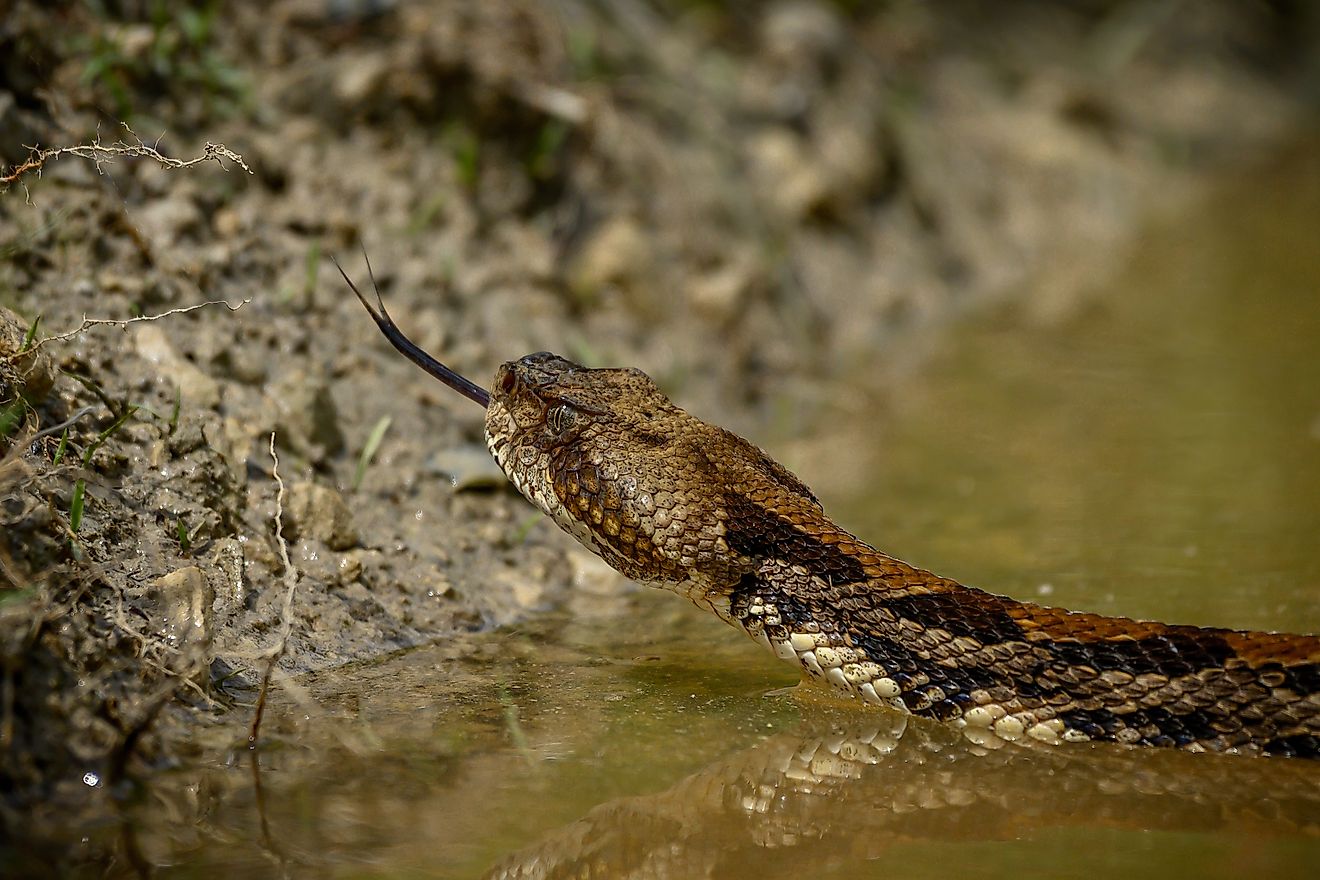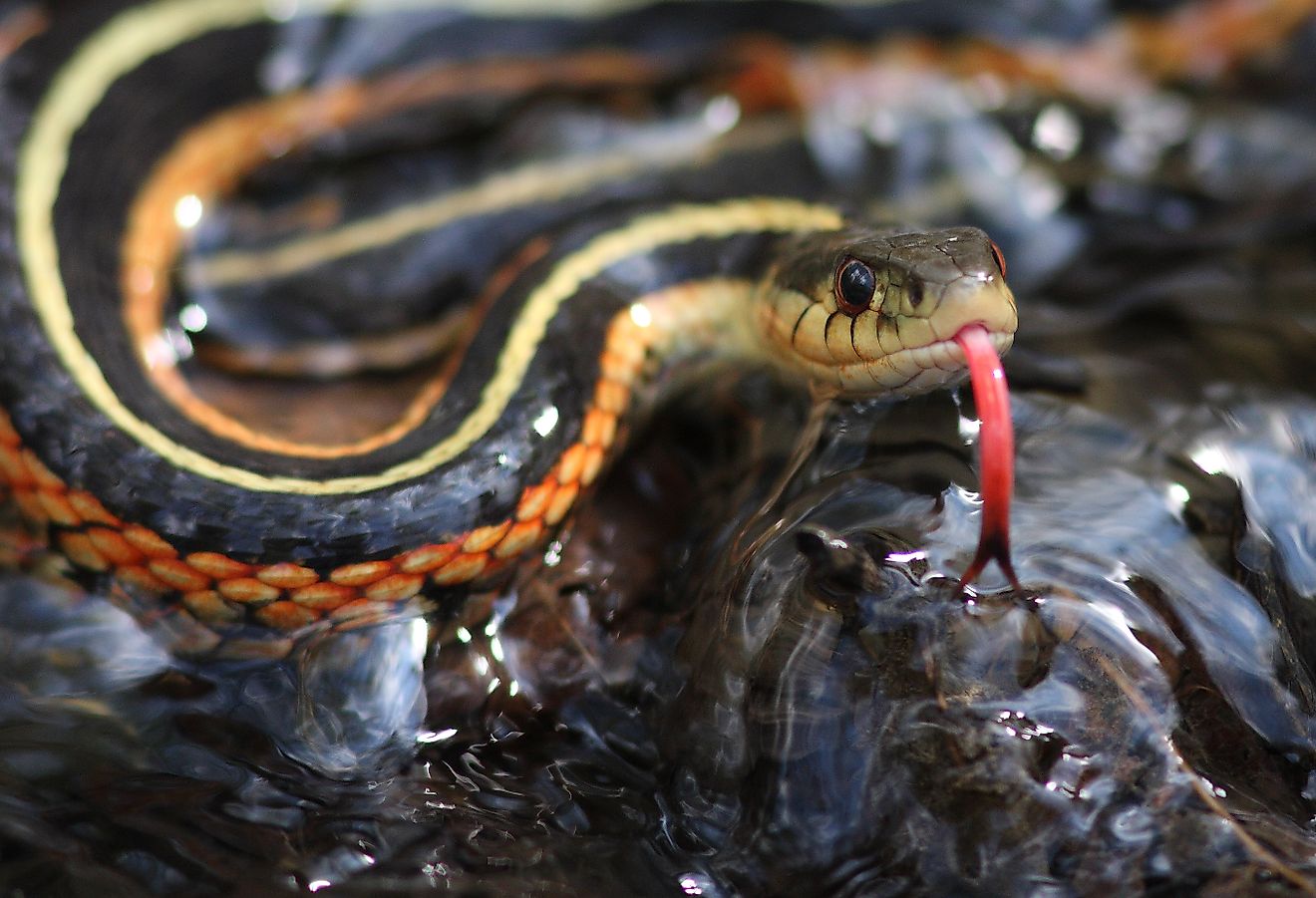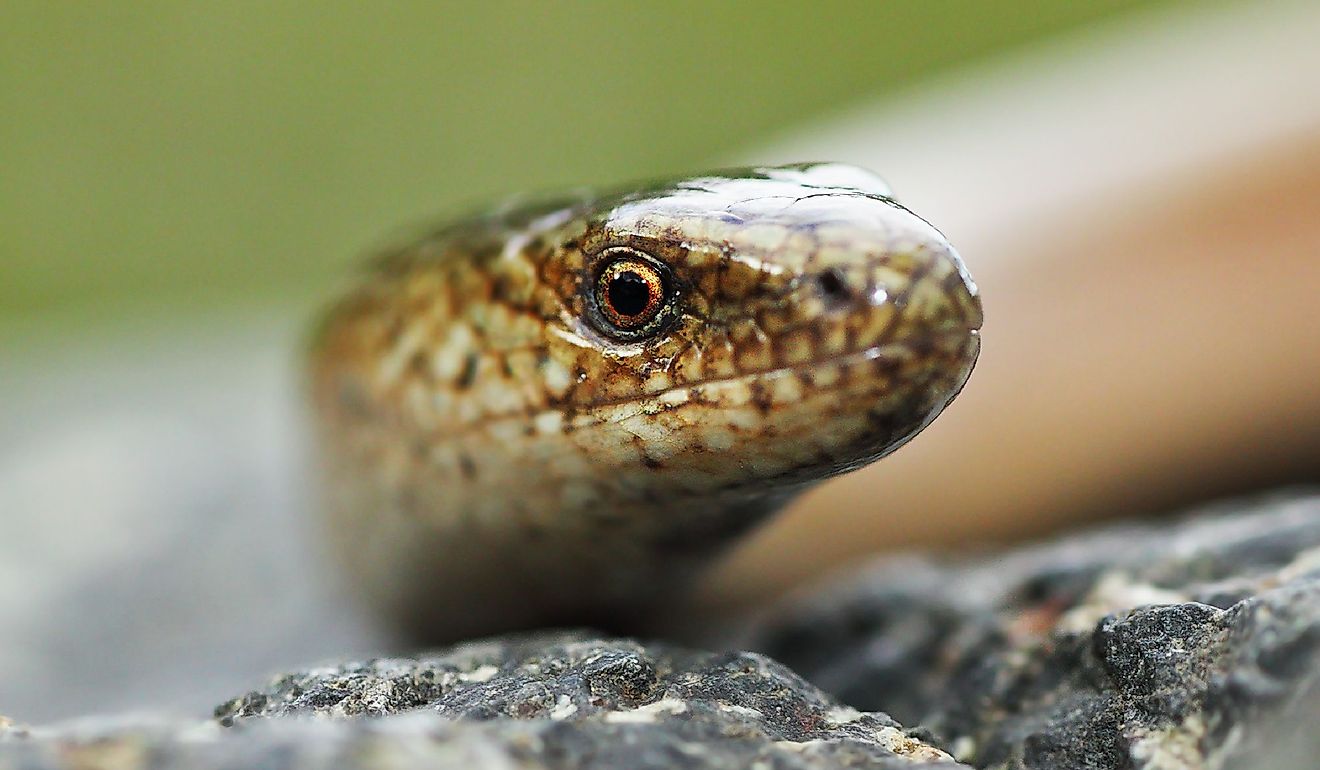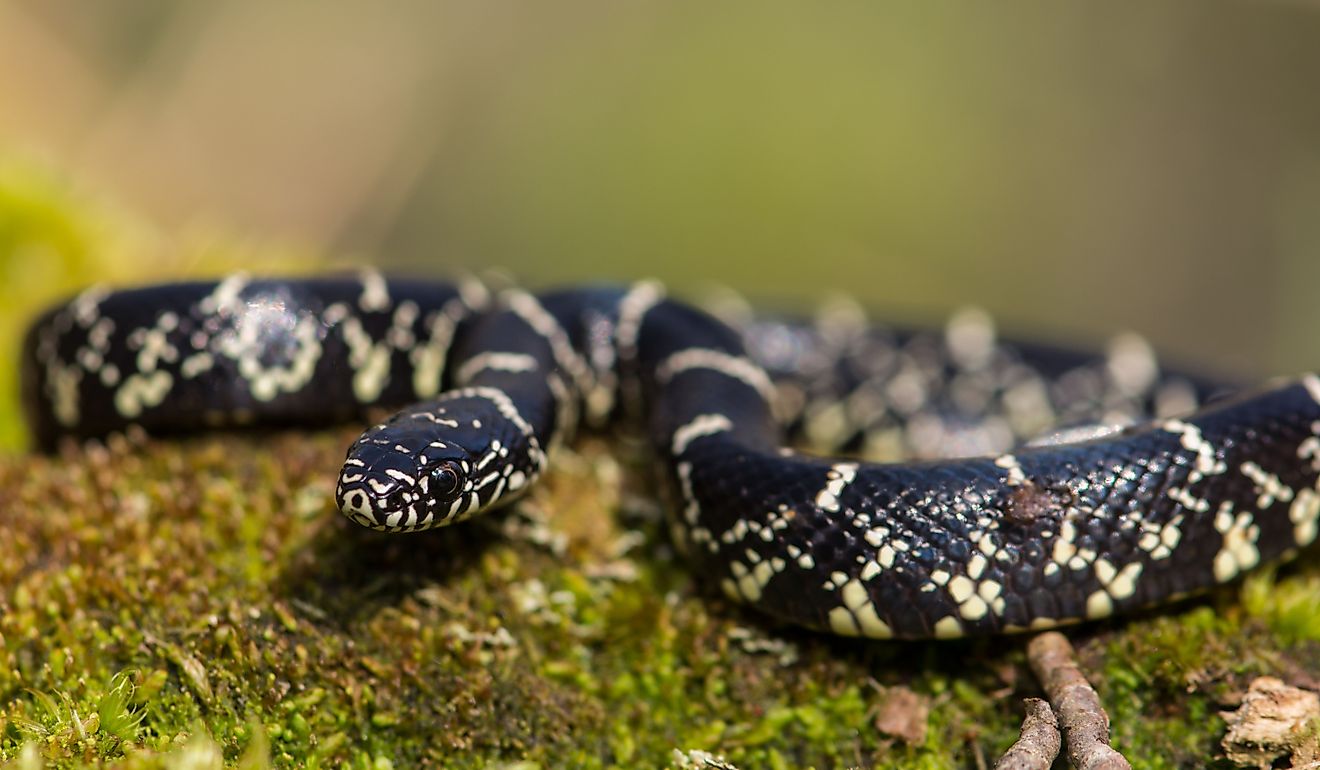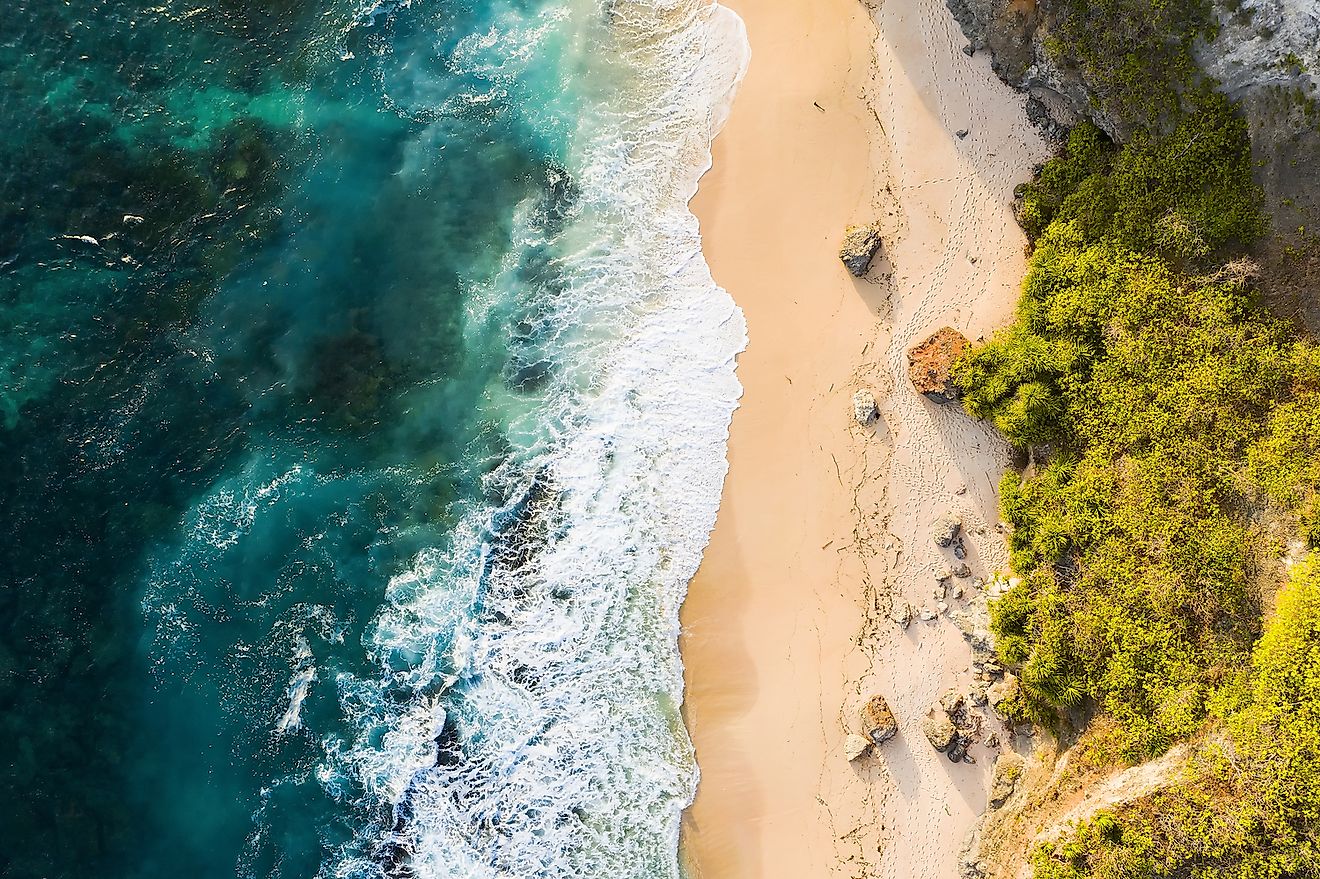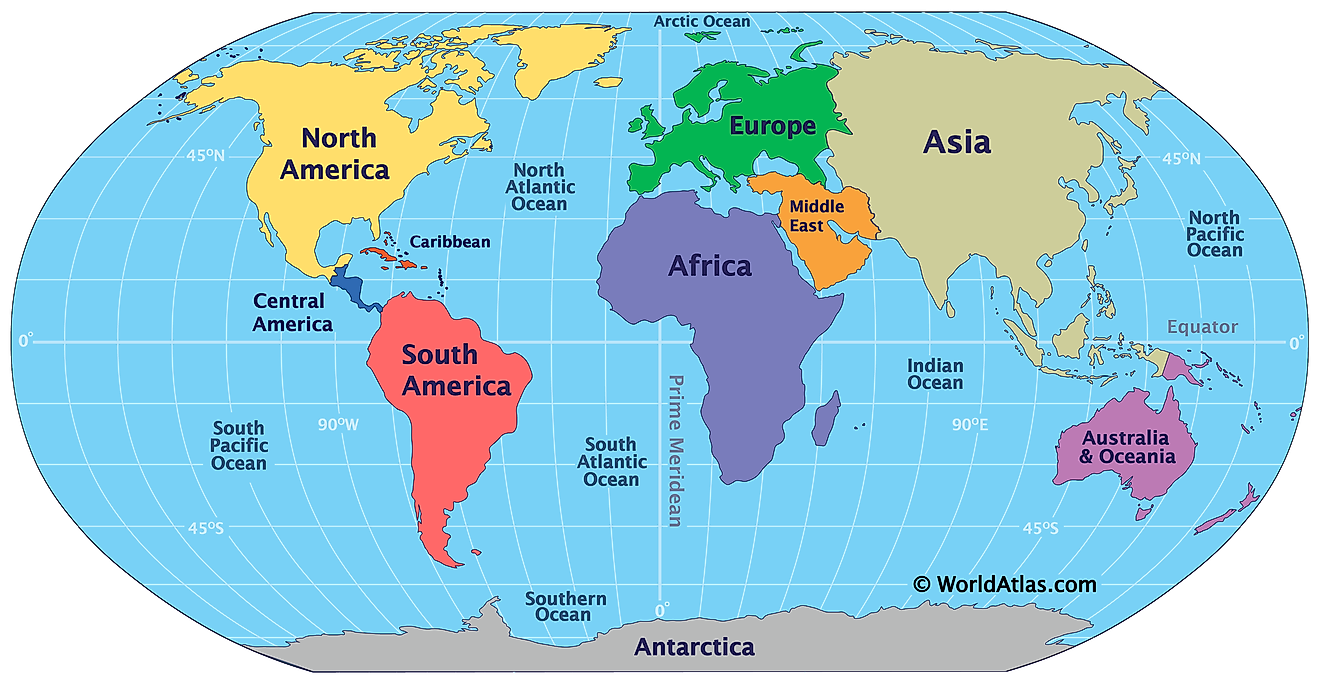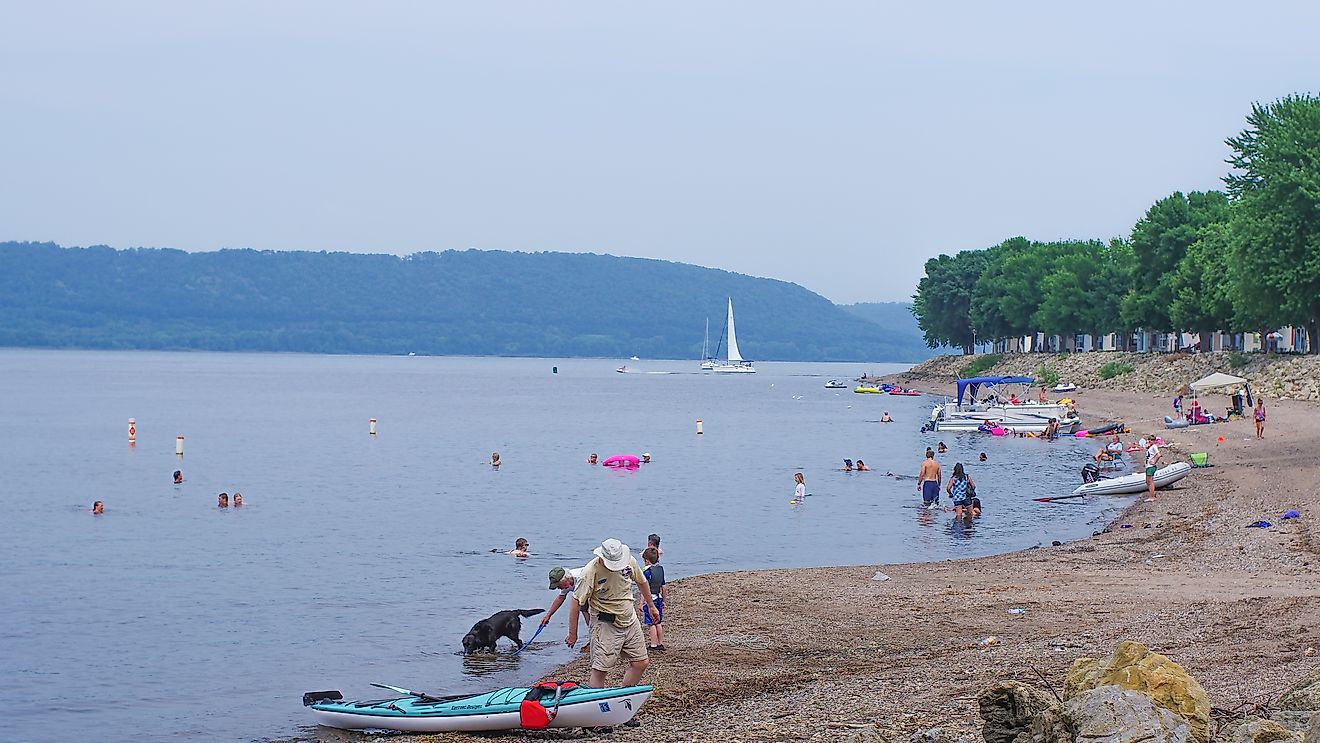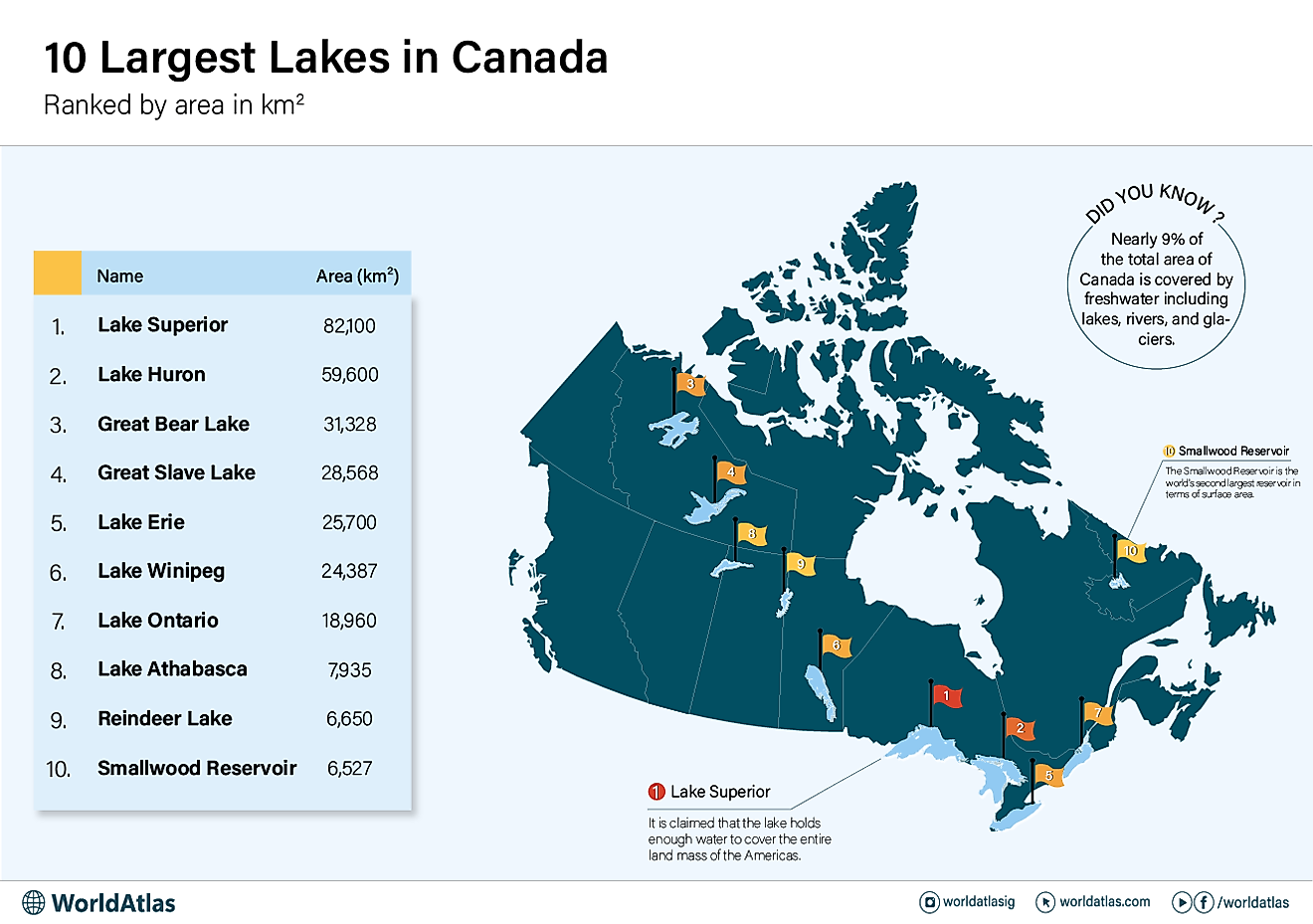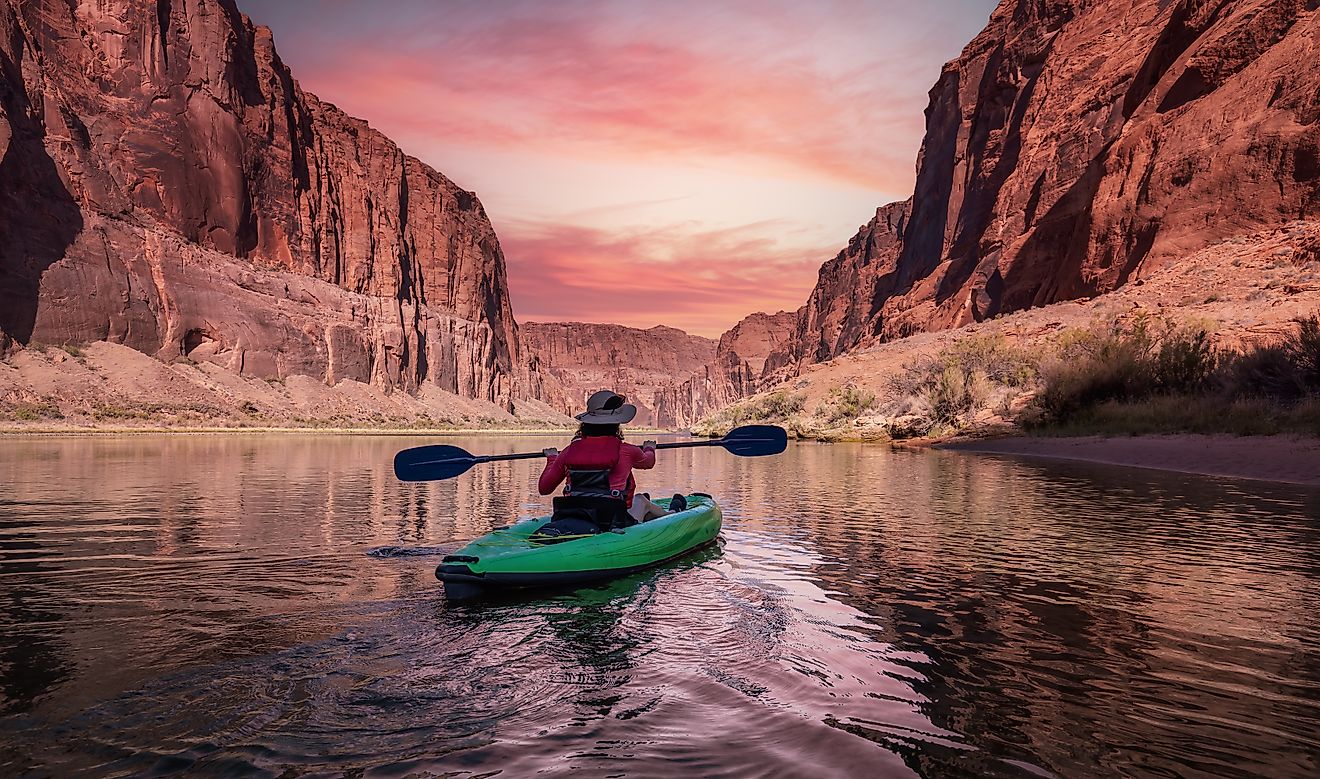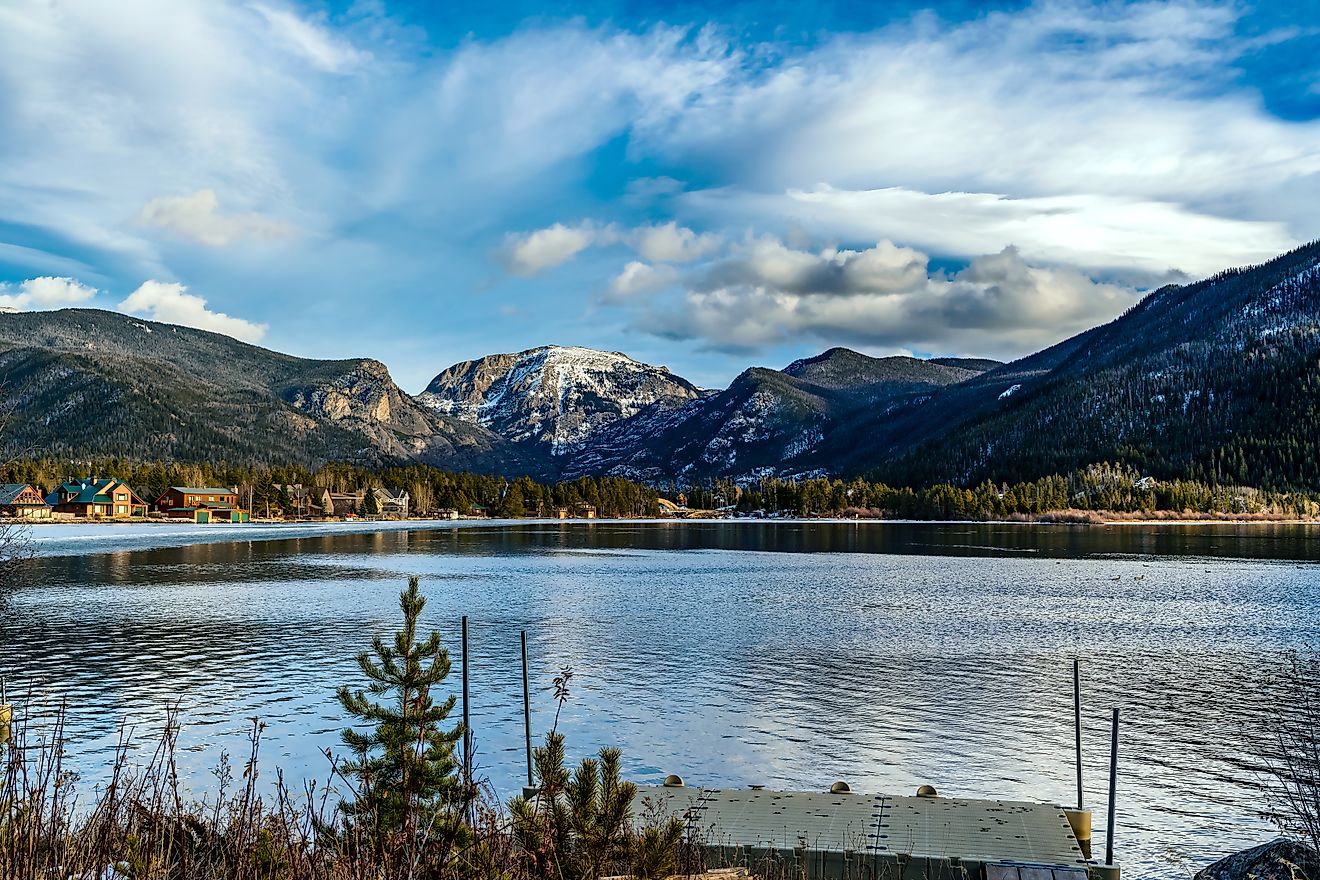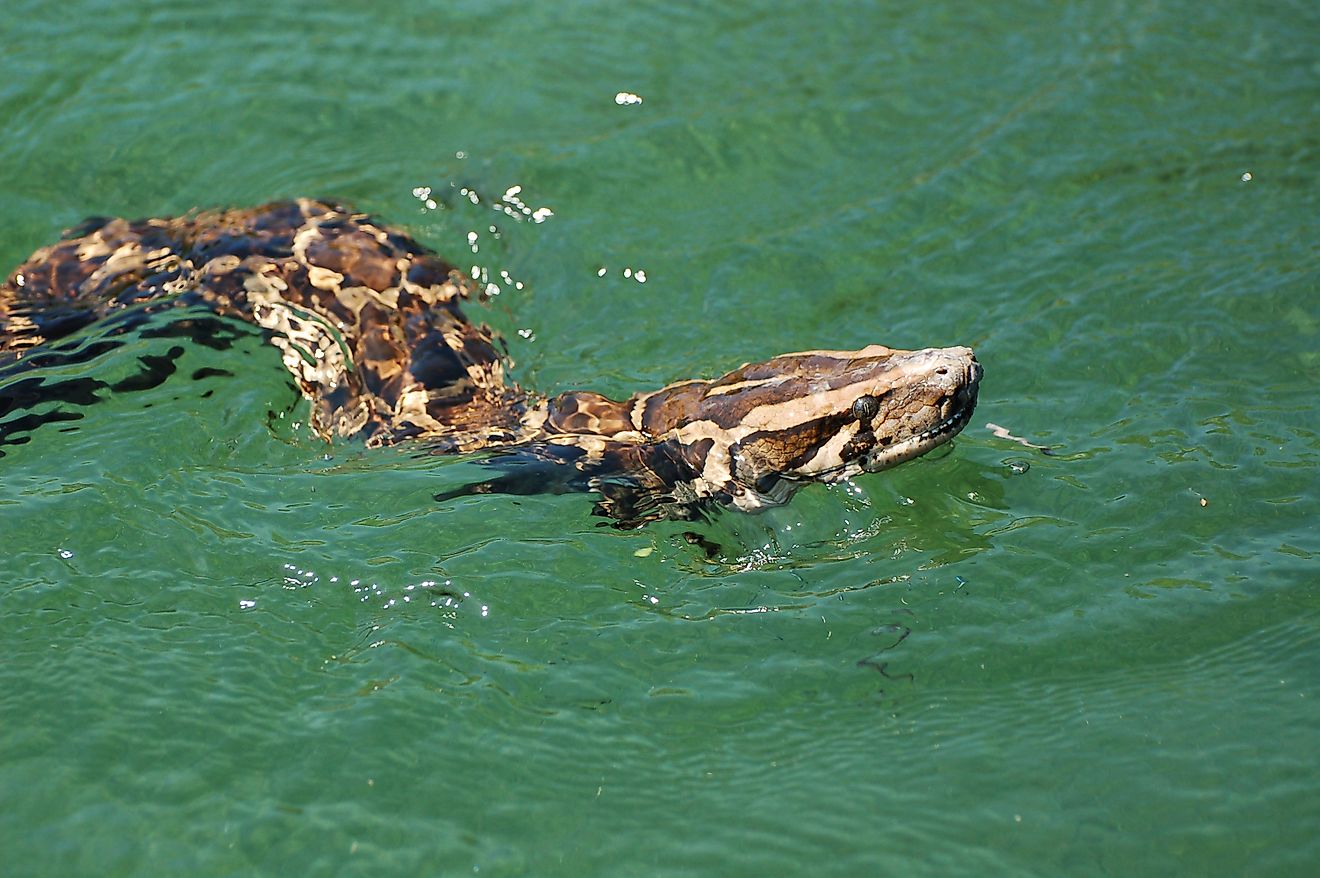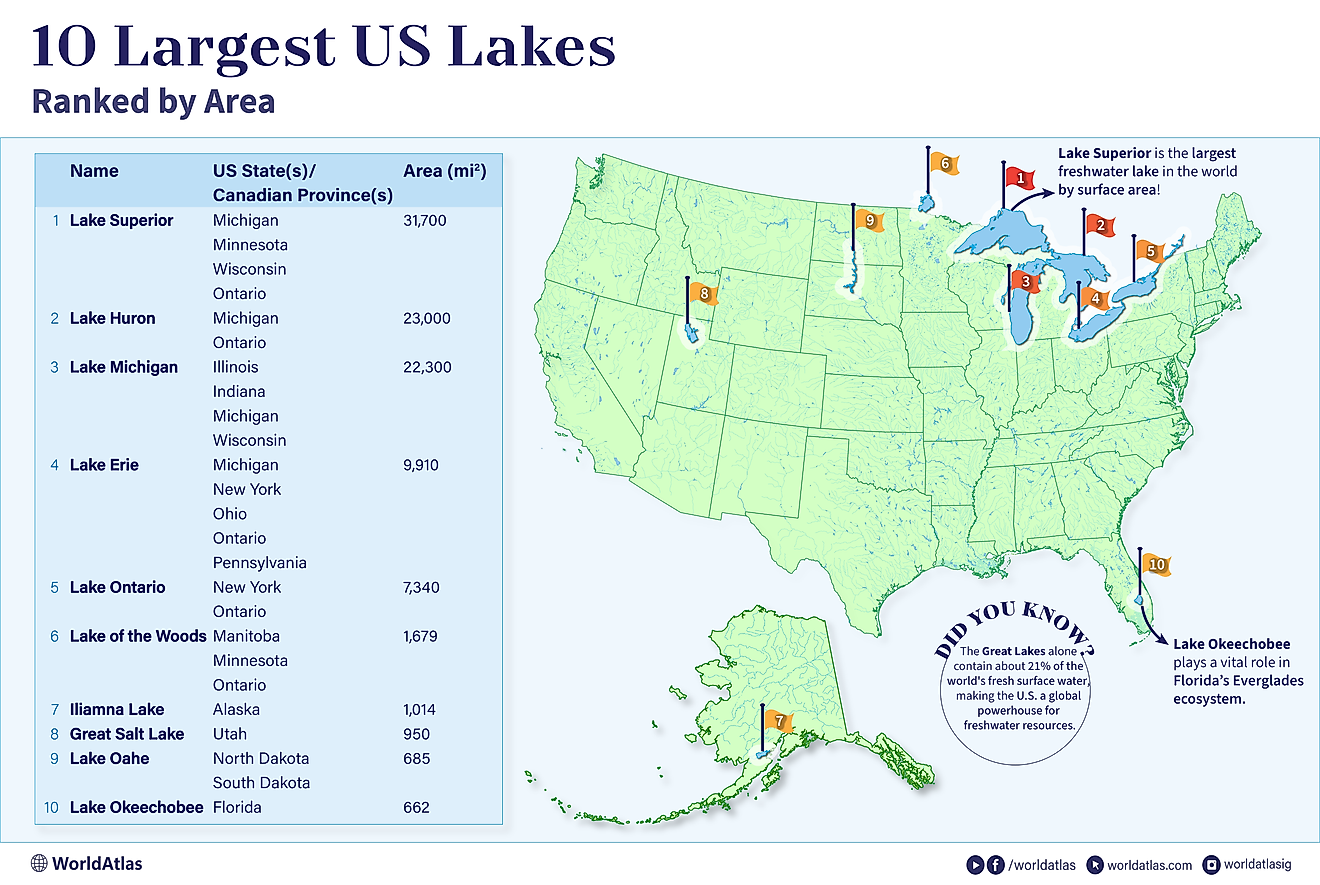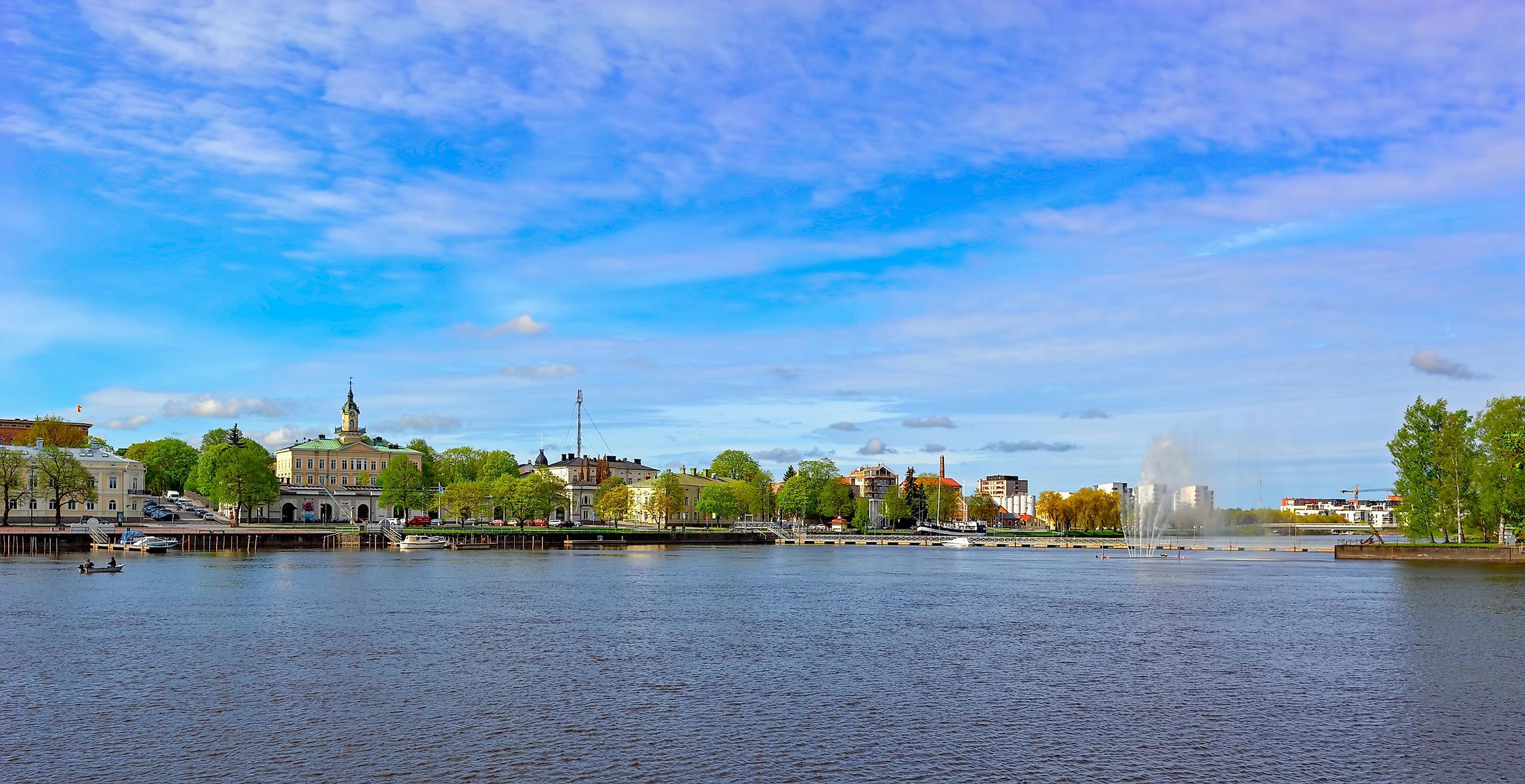
Kokemaenjoki River
Also known as the Kokemäen River, the Kokemaenjoki River flows in Southwestern Finland. It traces its source to Lake Pyhä, flows from the northern side of the lake, and drains into the Gulf of Bothnia. The river was formed following the last Ice Age after deglaciation. The Kokemaenjoki constitutes Finland's fourth-largest river basin and forms the largest delta in Scandinavia.
Course Of The Kokemaenjoki River
The Kokemaenjoki River runs about 90 miles, first flowing in a southwest direction, followed by a northwest orientation towards the Gulf of Bothnia, a northern section of the Baltic Sea, near Pori. On average, the river flows at a rate of 245 m/s. Its catchment covers approximately 10,424 square miles of area.
Ecology Of The Kokemaenjoki River
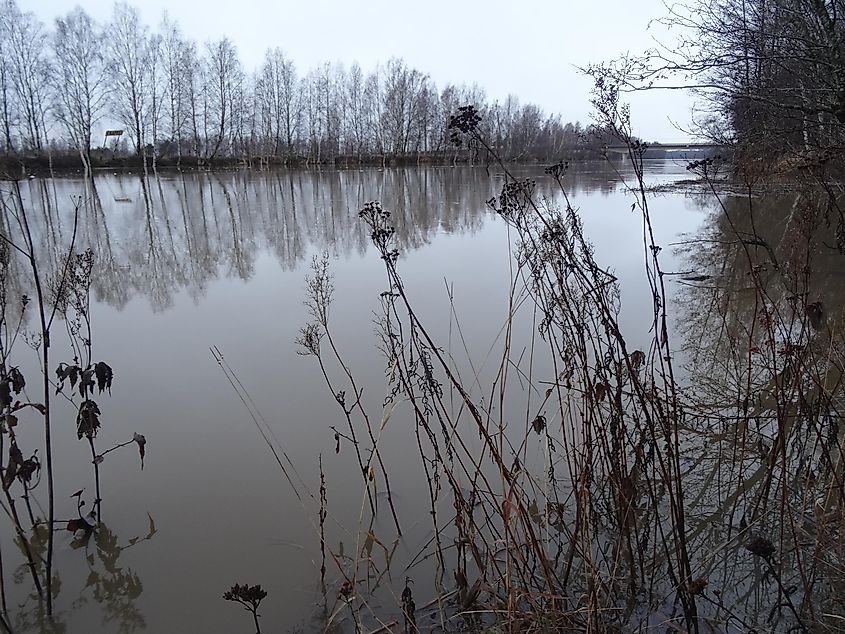
The Kokemaenjoki River estuary is a brackish freshwater ecosystem. Overall, the Kokemaenjoki River Delta is a "biological hotspot," with many of its areas part of international conservation programs, such as the Rasmar Convention of Wetlands and the Important Bird Area program. The estuary's water consists of fresh water (carried by the river) with limited penetration of ocean water due to the presence of road banks and a network of small islands.
In the Kokemaenjoki River area, there are about 420 taxa of flowering plants, which is approximately a third of the 1,200 flowering plant taxa grown in Finland. The ecosystem is also home to Finland's most diversely rich bird populations, with 220 bird species, as well as 25 species of dragonflies, 17 pteridophytes species, and nine stonewort taxa. Five species of flowering plants and 31 bird species are included in the Red List of endangered species, according to the International Union for Conservation of Nature (IUCN).
Kokemaenjoki River And Human Activities
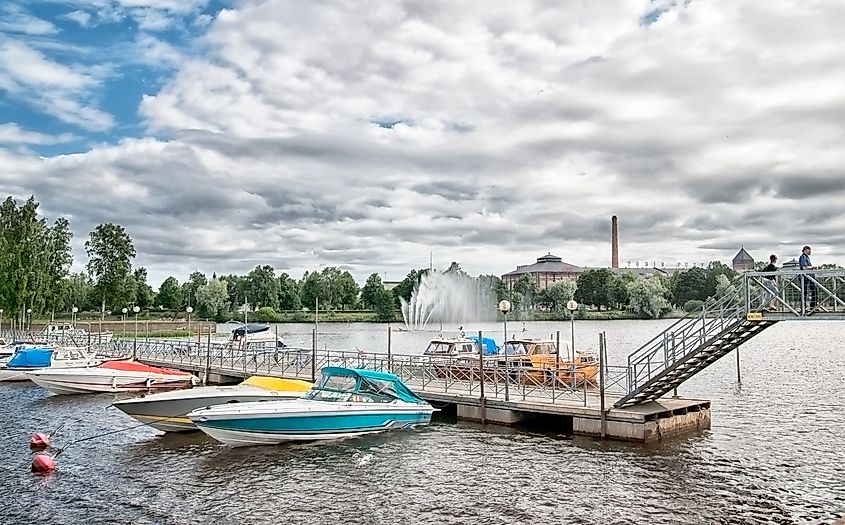
In the past, pollution and eutrophication were present in the river due to mercury and other pollutants. However, conservation and water purification processes transformed the polluted waters into a clean and healthy environment. Today, the river is dammed and harnessed for its hydroelectric power.
People visit the Kokemaenjoki River for recreational activities, including cruising, sports fishing, and bird watching. The lower section of the river is a popular area to fish for large-sized zanders and other fish species like perch and pike. Meanwhile, the location of the river near the Harjavalta and Kolsi power plants is a popular spot for catching fish varieties like pike, perch, rainbow trout, zander, bream, and roach. Trolling, jigging, spinning, ice-fishing lures, baited hooks, and hooks and lines are popular forms of ice fishing for anglers in the Kokemaenjoki River.
Pori: The City Near The Kokemaenjoki River
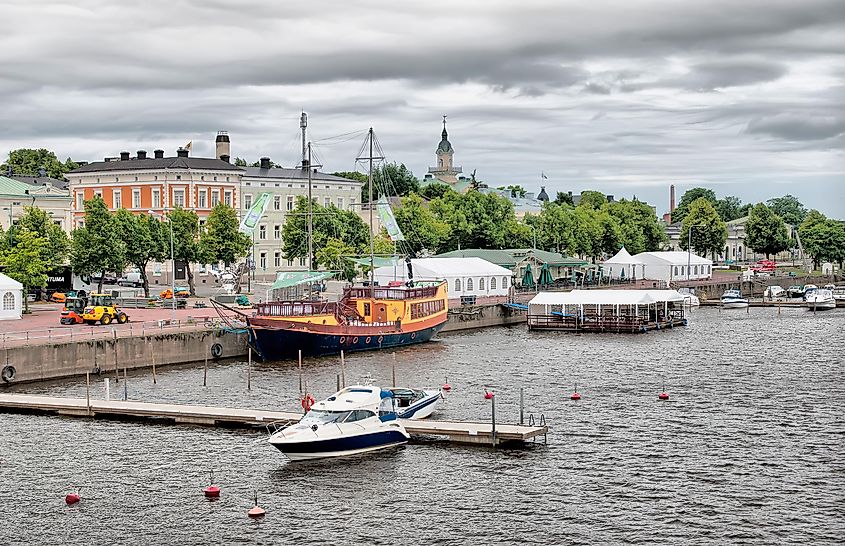
Pori (also known as Björneborg in Swedish) is at the mouth of the Kokemaenjoki River and is the 10th biggest city in Finland. It's an industrial and capital city of the Satakunta region. The river itself joins the Baltic Sea outside the city. Due to its location near the river, it's one of 22 flood-risk areas in the country and is considered the most significant flood-risk destination in Finland. In preparation for potential floods, a flood risk management program for the river was established in 2007.
In The Land of a Thousand Lakes, the Kokemaenjoki River is one of the country's most vital water bodies, whether it's a hub for human activity or the source of ecological diversity.
